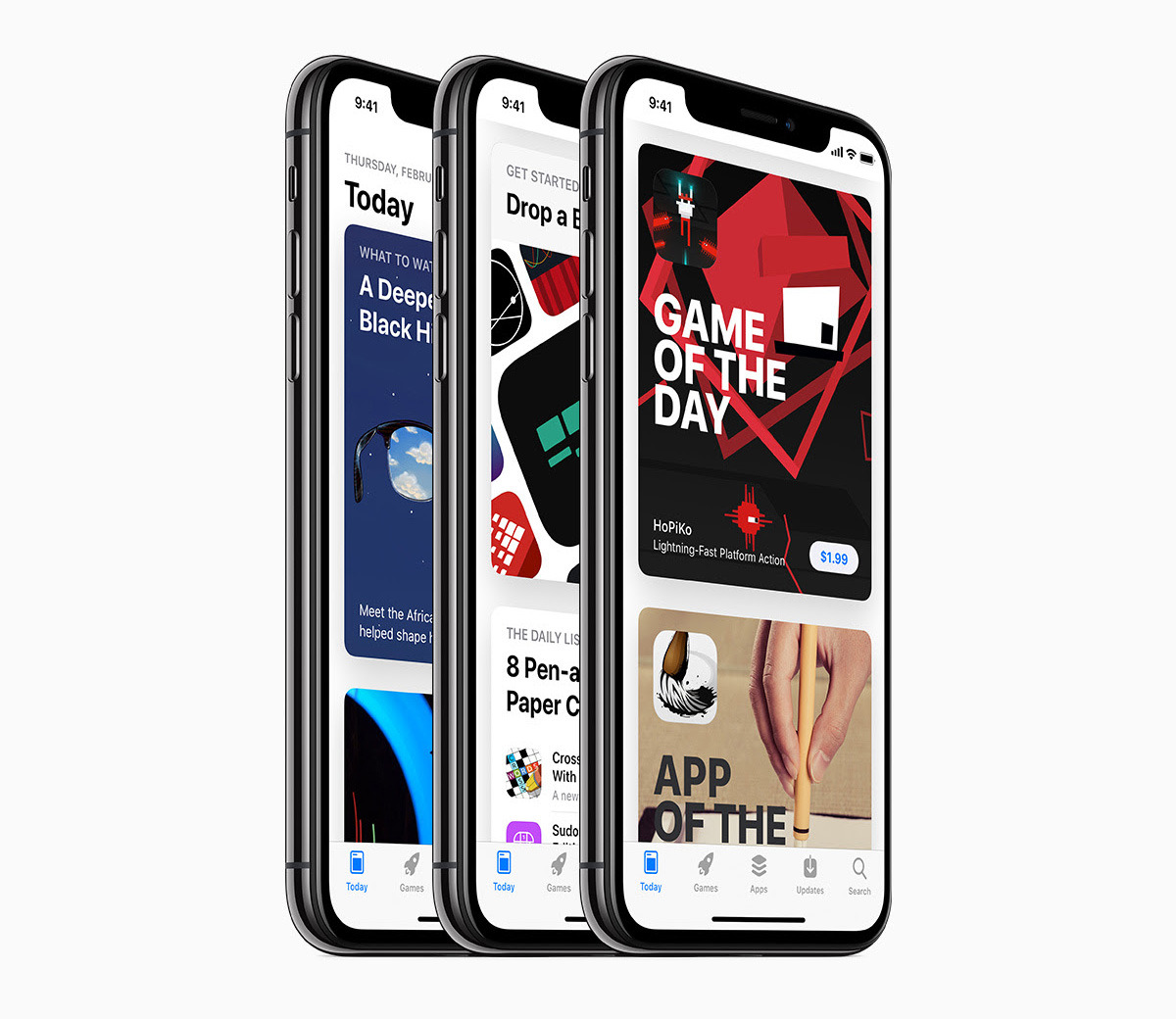Taking advantage of a recent U.S. Supreme Court decision, a new class action lawsuit accuses Apple of artificially inflating App Store prices through a claimed monopoly on iOS app distribution.
The case was launched this week via the U.S. District Court for the Northern of District of California. Lawyers for the plaintiff, Edward Lawrence, say Apple is violating Section 2 of the Sherman Act, as well as Sections 4 and 24 of the Clayton Act, engaging in "a litany of anticompetitive conduct and practices designed specifically to unlawfully monopolize, fix, raise, maintain or stabilize prices."
iOS was "intentionally designed to lock iPhone owners into buying applications only from Apple," the complaint notes, and since Apple typically charges developers 30% for each App Store transaction, anyone downloading an app is effectively paying that extra amount. The 30% take is "mostly profit," and would be "substantially less in an otherwise competitive market," the suit alleges.
Lawyers further suggest that Apple's tight control over iOS denies users "the ability to choose from potentially cheaper, more efficient and technologically superior new products."
In compensation, the suit asks for damages with interest, attorney fees and an injunction against further monopolistic practices. If it makes class status, and subsequently wins in court, the suit is unlikely to pay out big dividends to individual App Store users, given the number of people on the platform.
The Supreme Court recently gave the go-ahead for a similar lawsuit, Apple v. Pepper, to head back to a lower court.
In that case, Apple has repeatedly argued that developers are ultimately responsible for setting prices, and that it's not breaking any antitrust laws. It also suggests that developers are "buying a package of services which include distribution and software and intellectual property and testing."
In its defense Apple has relied on the Illinois Brick doctrine, relating to direct versus indirect purchasers. That didn't fly with Justices like Elena Kagan and Brett Kavanaugh.
 Roger Fingas
Roger Fingas







-m.jpg)






 Marko Zivkovic
Marko Zivkovic
 Christine McKee
Christine McKee
 Andrew Orr
Andrew Orr
 Andrew O'Hara
Andrew O'Hara
 William Gallagher
William Gallagher

 Mike Wuerthele
Mike Wuerthele
 Bon Adamson
Bon Adamson


-m.jpg)



58 Comments
About time!
Can’t mix walled garden with selective access, or else it turns into regulating speech and commerce in a time where things increasingly happen on the smartphone.
No single company can be allowed to be gatekeeper to an entire market.
"
That, plus confidence in the safety and security of the product makes it worth the 30%
"
Howwwwww!? Apple's controls aren't stopping you from changing platforms. Taking the app store away from Apple wouldn't have any effect on efficiency or technology in apps unless the argument is that third party app stores would allow developers to use APIs that aren't otherwise open and usually for good reason.
Such a ridiculous lawsuit. Of course Apple has a monopoly over its own platform. No one is forced to buy an iPhone. If you buy into the platform, you also buy into Apple’s rules. Don’t like it, sell your iPhone and move on to another platform. There are many out there. In the scheme of things, Apple’s share of the smartphone market is less than Android’s, and is therefore not a monopoly in the broader smartphone market.
Concerning the price of apps on the platform, I clearly remember computer apps costing hundreds of dollars before the iOS platform came out, with Apple pushing for most apps to be less than $10, setting a new lower cost option. However, even so, the price for apps is set by the developer. Apple’s 30% cut is to support the infrastructure it has to maintain in place to vet and sell the product to its customers. And, even if that cost was zero and turned out to be 100% profit for Apple, that should be fine. Remember, smartphone and tablet customers have other options. Apple is NOT A MONOPOLY in any legal sense.
It seems the people filing this want the race for the bottom to result in everything being “free” (well, to them) and developers bear the costs.
adding more app stores doesn’t necessarily help bring developer costs down, or profits up: it has a time cost to deal with any store, and having more to deal with will be more expensive for developers who already have cheapskates thinking things are too expensive to pay for.
in the long run, once there’s not enough money for developers, the platform self-destructs and everyone loses.
I’d like to be able to install apps or third-party app stores without having to jump through so many hoops (just to have said app/stores certificates revoked a day later).
I hope they lose this lawsuit.